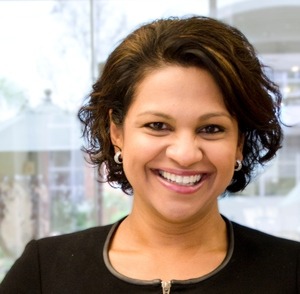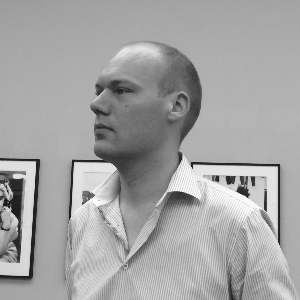Definition of Preferred Stock
Preferred stock (also called hybrid securities) is a type of ownership/equity in which stockholders have a higher claim to ownership than regular stockholders. This allows them to receive priority when it comes to receiving assets or dividends.
When companies offer up equity, they’re able to choose between common stock and preferred stock. Preferred stock comes with a variety of advantages to stockholders, such as:
- Preferred stockholders have a higher claim on dividends then regular stockholders.
- Preferred stockholders have a greater claim on assets than regular stockholders in the event of a company being liquidated (though bondholders have an even greater claim).
Preferred stock sits somewhere between bonds and common stock. It usually provides higher dividend yields than common stock and is paid either monthly or quarterly. The dividends are typically either fixed or set against a benchmark interest rate. You’ll often see these dividends displayed as a percentage.
People who own preferred stock usually have fewer rights and don’t have the ability to vote, whereas common stockholders do. However, it’s generally a more stable form of investment.
If you own stock in a company that’s struggling financially, it’s not uncommon for the company to suspend paying dividends. However, preferred shareholders are often awarded payment in arrears. In other words, once the company starts making money again, they’ll fulfil the missing payments to preferred stockholders before they go back to paying dividends to common stockholders.
One of the downsides of preferred stock is that it generally doesn’t rise in price as much as common stock, typically trading close to its issue price. This is both an advantage and a disadvantage to investors. It means that the preferred stock is less likely to be affected if the company goes down in value, but it also won’t climb in price as much if the company becomes successful.
To combat this, preferred stock is occasionally convertible, which means that it can be exchanged for common shares. This exchange can be triggered by the company’s board of directors, by the investor, or by a clause that specifies that the stock will be converted automatically as of a certain date.
Yes, but it’s complicated. Despite being officially classed as equity, preferred shares are a type of hybrid asset that sit somewhere between being stock and bonds.
When shares are callable, it means that the company that issued them can buy them back after a predetermined date by paying their par value. However, the company is under no obligation to do this and the shares can continue to be traded long after their call back date if the company doesn’t decide to purchase them.
Who buys preferred stock?
Preferred stock can be purchased by any person or organization, but companies are generally the most prolific buyers of preferred stock. US companies can deduct up to 50% of their income from their taxes if they own less than 20% of the company paying dividends. If they own more than 20%, they can deduct up to 65%.



